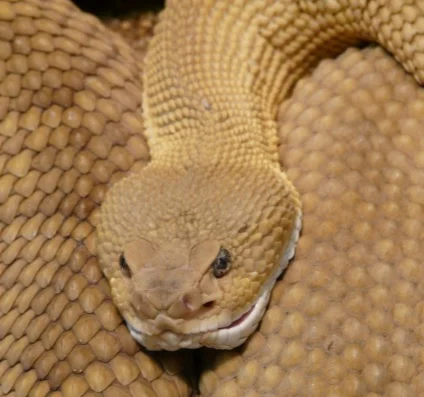Superstition and Supernatural Diseases
Human beings have always sought to understand the supernatural and explain the occurrence of disease and death through superstition.
Throughout South Africa, Sangoma's and Nyanga's are traditional healers. Traditional healing is linked to wider belief systems and remains integral to the lives of most Africans. Some traditional healers use good magic as a cure because they believe that illnesses including psychological issues have supernatural origins.
South Africa’s traditional healers believe that supernatural origins are often the chief cause of disease and have much power over the sick person. Three chief dark powerful creatures are Impaka the cat, Incanti the chameleon and Inqolobane the snake.
Though science has discovered the causes of many diseases, superstition causes questions to remain. Three chief supernatural creatures are Impaka the cat, Incanti the chameleon and Inqolobane the snake.
Impaka
 |
| Impaka |
Incanti
 |
| Incanti |
Inqolobane
 |
| Inqumbabane |
Inqolobane is a wand-like snake which is believed to be the chief cause of uncontrollable high fevers. By getting inside a person, Inqolobane slowly eats the insides of his victim and causing a lingering horrific death.
Superstition and supposed supernatural diseases
In parts of Africa, people’s attitudes towards mental illness are still strongly influenced by traditional beliefs. These beliefs are sometimes so prevalent it affects the policy funding of mental healthcare services. In Uganda, "Locally people say Mulalu, which literally means you're mad, you're useless" says Jimmy Odoki, who also has bipolar disorder. "Where I come from people say 'that one he's a walking dead'." according to the BBC.
This belief system often leads to unhelpful or health-damaging responses to mental illness, and to the stigmatization of the mentally ill. Young girls and women that are from families that are known to have a history of mental illness marriage prospects are severely limited. Fear means people with mental illnesses and their family can end up being abandoned by society.
In some areas of Africa, the solution for caring for the mentally ill is to chain mentally ill people by the ankle and hide them away. At home, people with mental illness are commonly chained by their parents or other relatives to control the mentally ill person. Many volunteer organizations provide only temporary psychological care to the vulnerable citizens of Africa in humanitarian emergencies.
The African Mental Health Foundation (AMHF) was established in 2004 by Professor David M. Ndetei, Professor of Psychiatry at the University of Nairobi. AMHF was created in the response to national tragedies such as the school fire tragedy in 2002 in which 67 school children were burnt to death. Members of AMHF saw a great need to provide mental health services to survivors and victims’ families.
Conflict situations also fuel sexual violence and rape which require specialized psychological care which is urgently needed in some parts of Africa. Governmental and non-governmental agencies must work together to ensure a comprehensive approach towards a solution to suitable mental healthcare in Africa Mental health is neglected on Africa's health and development policy agenda.
Mental Illness Are Evil Spirits and Demonic Possession
Mental illness and you believe that the person is possessed by demons get in the way of treatment. People often focus on trying to get evil spirits out instead of working on the real issues that lie within. Most Africans have a natural Affinity towards the supernatural but mental illness is not Supernatural possession but is treated as such.It is difficult to separate religion from mental health treatment for some prayer is the answer and not treatment. Traditional treatments are also used but medication and talk therapy are looked down upon.
Educating individuals is necessary for the proper treatment of certain types of mental illness for it is harmful to confuse mental illness and demonic possession. Religious leaders often set the tone for African communities which includes traditional Healers and talking about Mental Health is not always communicated effectively to their congregation.
Most people are not able to process or work through their issues with a doctor or talk about it to anyone in the community because of stigmatism around mental illness. It can be a long dark struggle with many difficult days the person with the mental illness may feel like they are falling apart and have no help in their corner.
It is important to separate religion from psychology Society needs to be rid of the shame towards mental illness and stop saying that people are weak or not perfect Believers but possessed. Spirituality is important but it does not mean that you deny what is really going on inside because it will only get worse.





